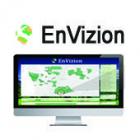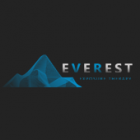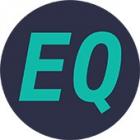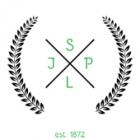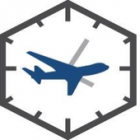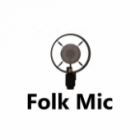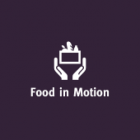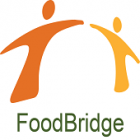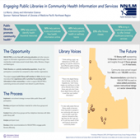
Engaging Public Libraries in Community Health Information and Services
Community members turn to their public libraries for reliable health information. Public library staff must remain aware of the most relevant resources and services to refer their patrons to, though many libraries have limited resources to dedicate to staff continuing education on this topic. The National Network of Libraries of Medicine Pacific Northwest Region (NN/LM PNR) meets this need by providing free continuing education support regarding consumer health to public library staff and other information professionals in Alaska, Idaho, Montana, Oregon and Washington states. This project engaged public library staff in Idaho in focus groups and interviews to learn more about their current efforts, needs, and perceptions regarding community health information and services. An analysis of these findings led to recommendations for NN/LM PNR to strengthen their outreach to public libraries in Idaho and elsewhere, to enhance local library responsiveness to community health information priorities.

